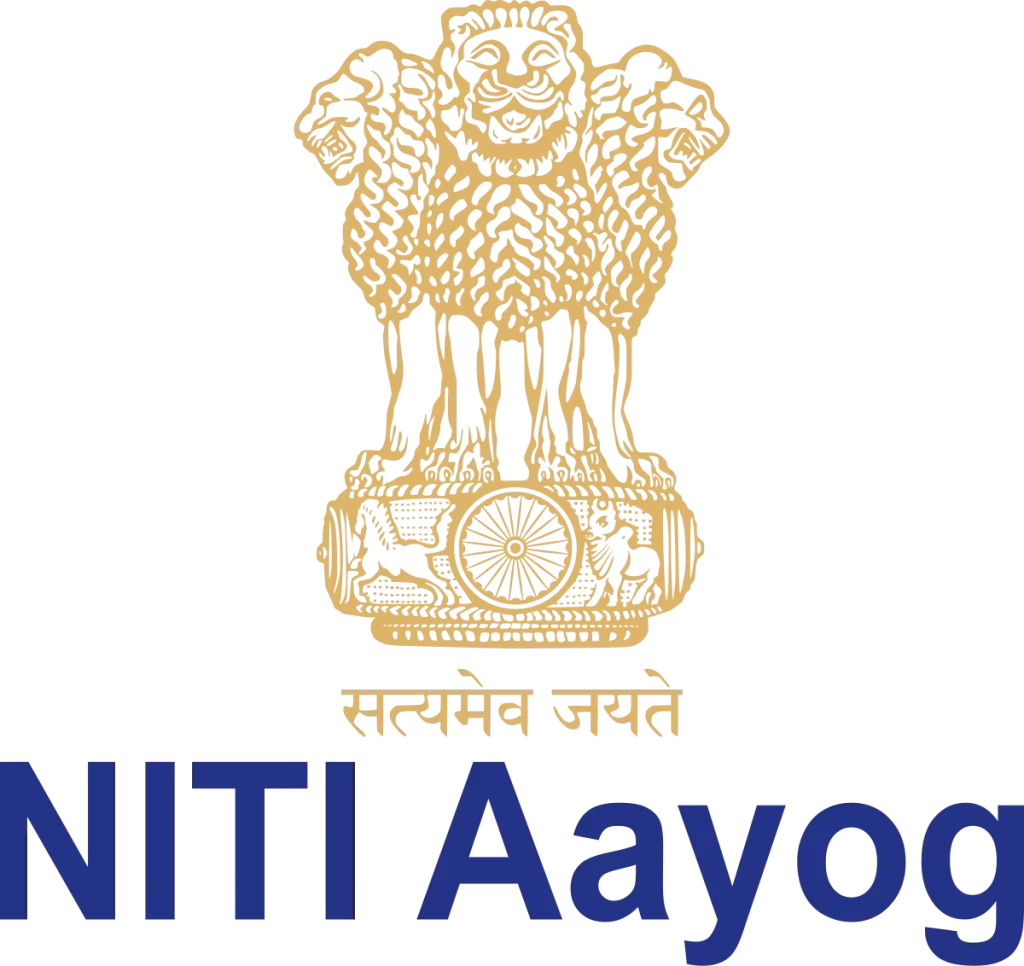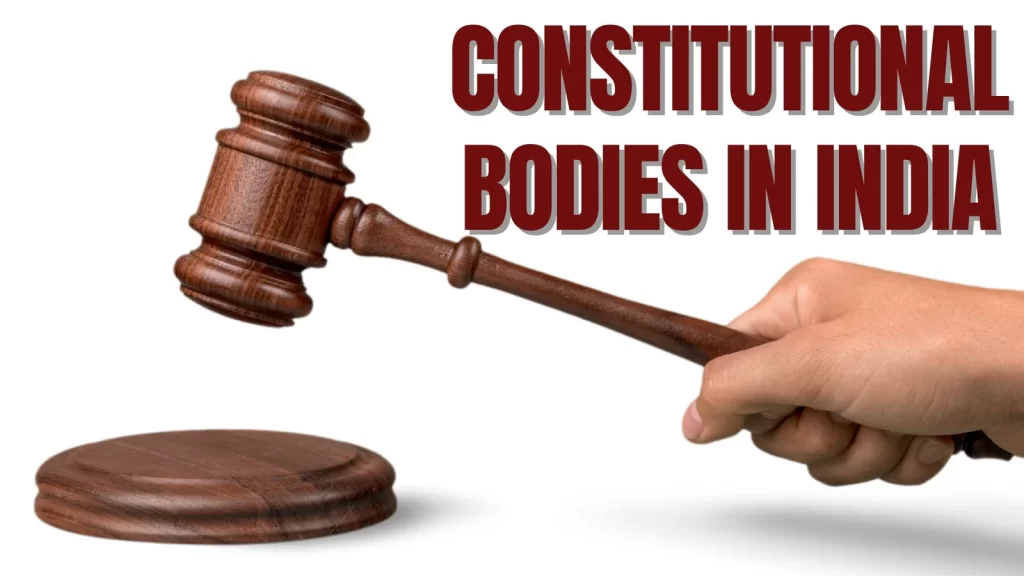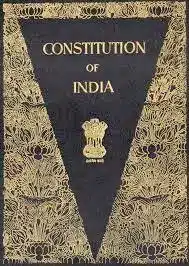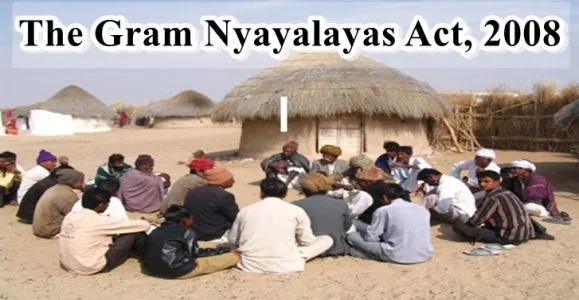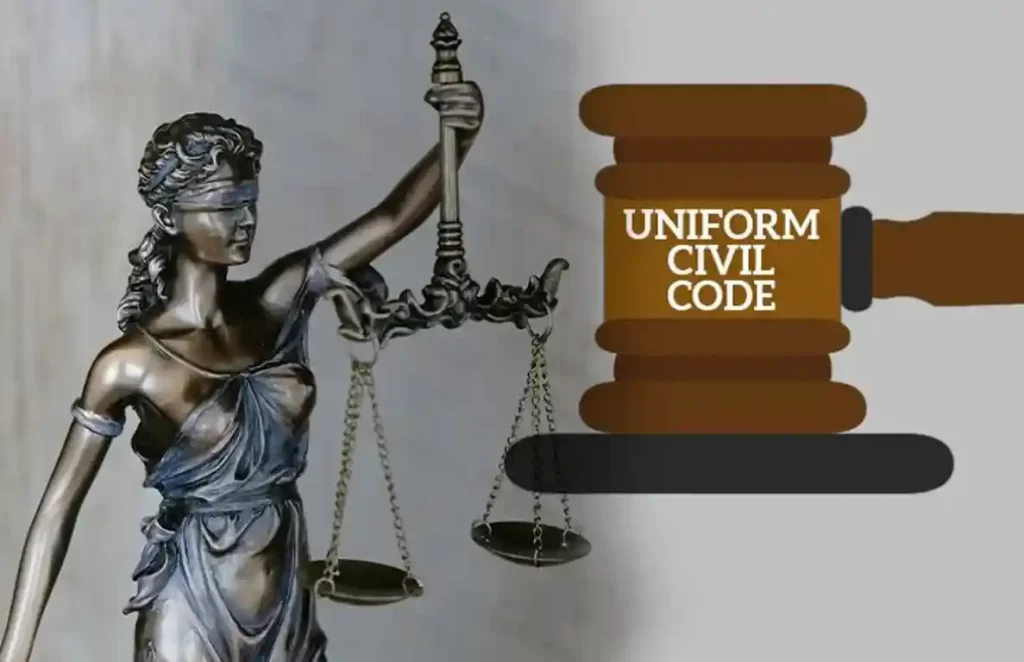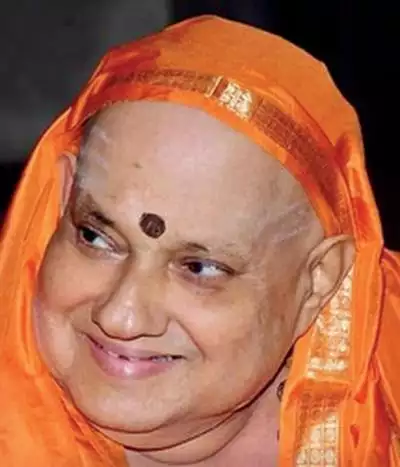Parliamentary and Presidential System of Government
Recently, it has been suggested that India should adopt the presidential system of government instead of the parliamentary style of democracy. These suggestions have been given in the backdrop of frequent elections and related administrative as well as financial burdens owned by India.
Parliamentary System of Government
- In a Parliamentary system, the executive branch is derived from the legislative body, i.e. the Parliament, while the judiciary is independent of the other two bodies of government
- Here, the executive is divided into two parts, the Head of the State, i.e. President, who is only the nominal executive and the Head of the Government, i.e. Prime Minister, who is the real executive.
- As per this system, the political party getting the maximum number of seats during federal elections, in the Parliament, forms the government.
- The executive body, i.e. the Cabinet is accountable to the Parliament.
- The Prime Minister can dissolve the lower house before the expiry of its term.
- In this system, Powers are Concentrated.
- This system is prevalent in countries like the United Kingdom, India, Japan, and Canada.
Merits of the Parliamentary System of Government
- Harmony between the legislature and executive.
- Responsible government.
- Prevents despotism.
- Wide representation.
Demerits of the Parliamentary System of Government
- Unstable government
- No continuity of policies.
- Against separation of powers.
- Government by amateurs.
Presidential System of Government
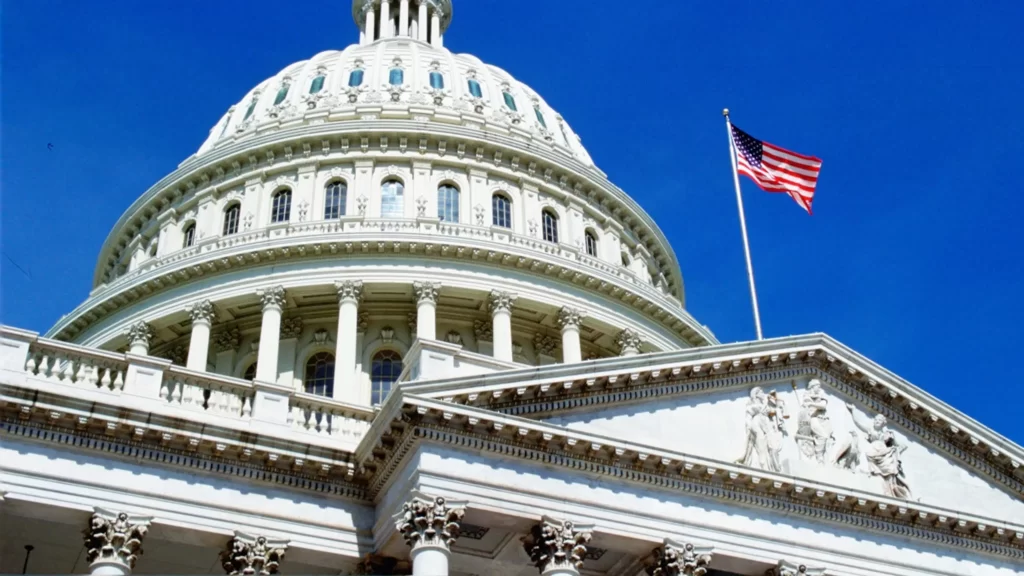
- When a country follows the Presidential form of Government, it denotes that there is only one person as the head of the state and government, i.e. the President. It means a single executive in this form of government.
- In the Presidential system, the legislative, executive, and judiciary bodies of the government are independent of each other. That means powers are divided.
- President and legislators are elected separately for a fixed term. The election of the President is made directly by the citizens of the country or sometimes by the members of the electoral college for a fixed period.
- The executive is not accountable to the legislature. Neither the President nor the Secretaries are accountable to the Congress (Parliament) for their acts.
- The president cannot dissolve the lower house.
- Persons outside the legislature are appointed as ministers.
- This form of government can be found in countries like the United States of America, Russia, Brazil, and Srilanka.
Merits of the Presidential System of Government
- Stable government.
- Definiteness in policies.
- Based on the separation of powers.
- Government by experts.
Demerits of the Presidential System of Government
- Conflict between legislature and executive.
- Non-responsible government.
- This may lead to autocracy.
- Narrow representation.
Also refer:
- Top 50 Indian Polity MCQs
- Difference Between Procedure Established by Law and Due Process of Law
- Difference Between Fifth Schedule And Sixth Schedule
- Top 50 Science MCQs For Competitive Exams
- Know About The Different Financial Sector Regulators In India
- Leader of the Opposition in India.
- Different shapes of economic recovery
- Top 50 Science MCQs For Competitive Exams
- Top 4 Important Curves In Economics
- Demographic Dividend and its Impact on Economic Growth

